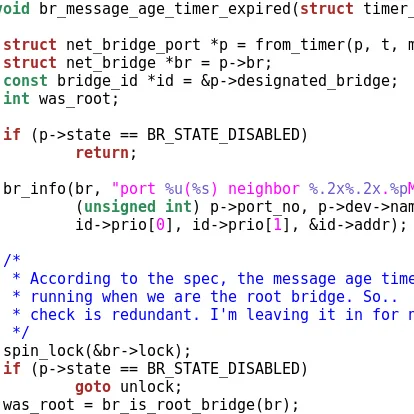Servo Web Engine Now Leverages Multiple CPU Cores For Rendering HTML Tables

First up for work accomplished in the month of July, Servo now supports a parallel table layout mode by default. This spreads the work for laying out rows and columns over all available CPU cores. This is part of the effort to increase CPU parallelism within the Servo layout engine. Servo leverages the Rayon Rust crate for work-stealing parallelism. It was just at the end of last year that Servo began receiving funding to work on its HTML table support.
Servo this month has also made advancements on its flexbox layout engine, support for generic font families, improved debugging, experimental OpenHarmony support, and leveraging ThinLTO for nightly builds of Servo.
Servo has also seen documentation improvements and other new web features like handling for document.fonts.ready, URL.parse(), the caption tag on tables, and more.
More details on Servo changes that landed during the month of July via the Servo.org blog.
49 Comments

